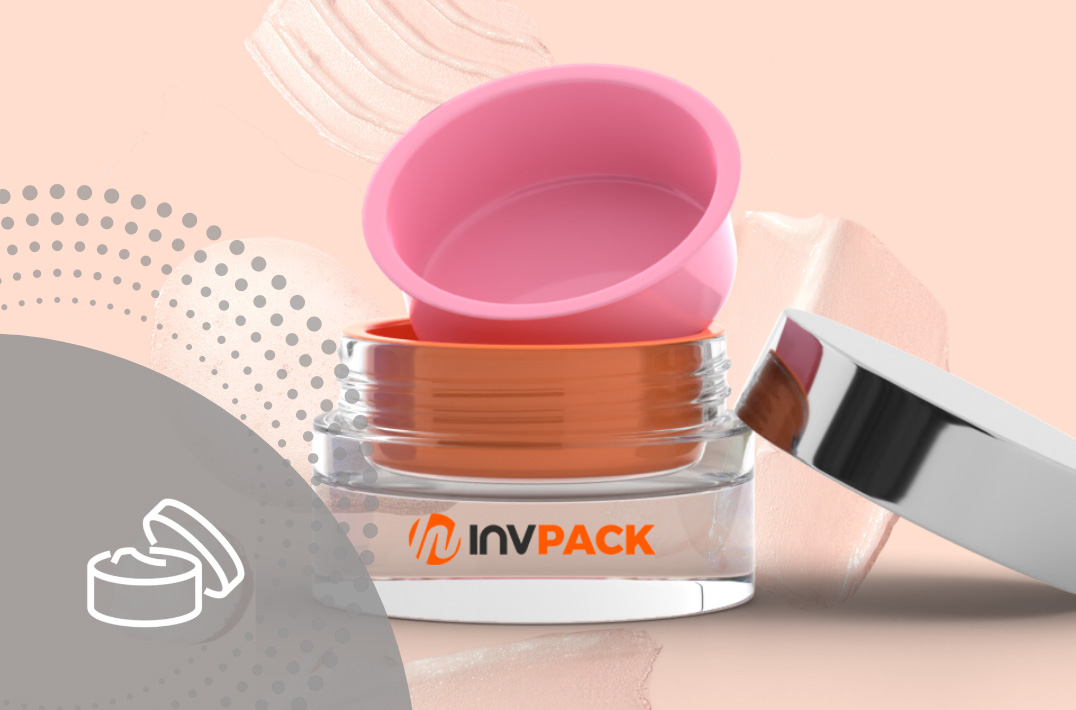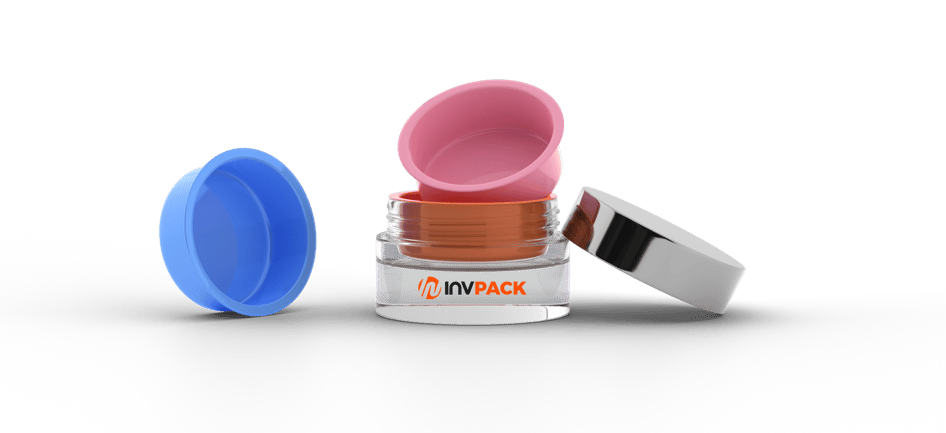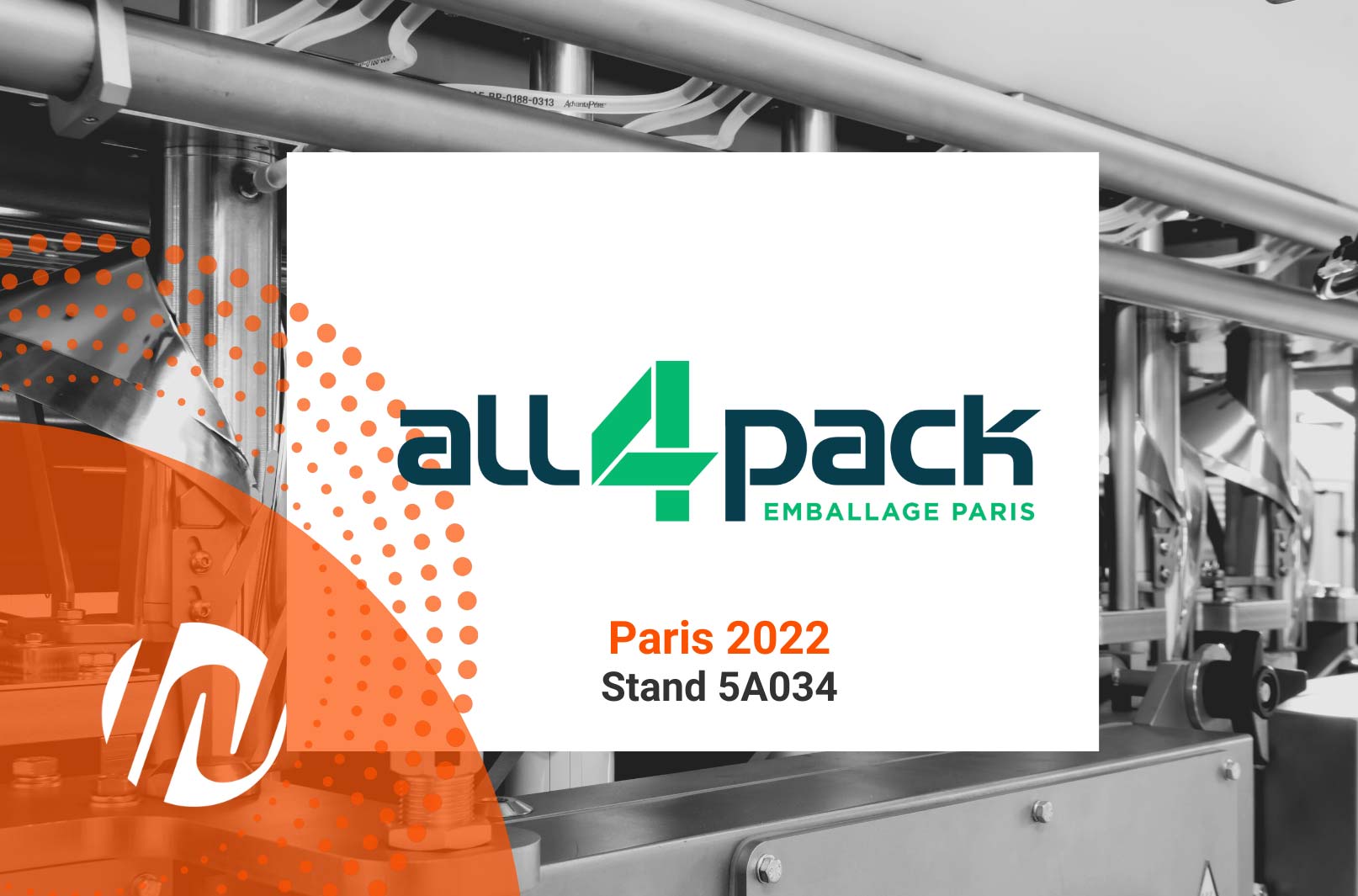

- INVpack
- 02/21/2023
- 04:35
The new trend in the cosmetics sector
In contemporary life, cosmetic products are of great importance and occupy an important part of the population's consumption habits.
The cosmetics sector can be structured or divided into the following product categories: dermatology, hair care and perfumery.
These types of cosmetic products are increasingly being packaged in single-dose format, as this allows for individual use and thus ensures that the right dose is taken or applied for the desired treatment.
Sustainability as a trend in the cosmetics sector
The preservation of the environment is a concept that is very much in the minds of the vast majority of the population. For this reason, a considerable number of consumers have opted for a change of behaviour with regard to their purchases. If we focus on the cosmetics sector as an example, the trend is increasingly towards more sustainable and environmentally friendly products. Made with natural and/or vegetable products and even vegan (no silicones, parabens, no chemicals, no toxins...).
All this also affects the type of packaging used for this type of product, as it must be in line with this philosophy: made with natural products, recyclable and even, as far as possible, biodegradable and/or water-soluble.
A change in the way cosmetic products are packaged
In the cosmetics sector, the refill option, commonly known as "refill", is increasingly sought after. In other words, the consumer buys the product (cream, shampoo, etc.) once in the rigid container. And then proceeds to buy the refill version, where the packaging is intended to complement and refill the "base" packaging.
By way of summary, it is worth highlighting the trend in the cosmetics sector towards sustainability, not only at the product level, but also at the packaging level.
It is clear that the product must be environmentally friendly, both at the composition level and during the manufacturing process.
However, the packaging is the main waste that will remain after the product has been consumed and it is therefore important to also consider ecological factors when choosing materials, machinery and phases during the packaging process, in order to reduce the impact generated throughout the life cycle of the packaging: manufacture, use given and waste generated in the residual phase/process.
Related posts:

INVpack will be an exhibitor at INTERPACK next May
Next May INVpack will be an exhibitor, one more edition, at the INTERPACK fair.It will attend at...

Once again, INVpack will be at the ALL4PACK trade fair in Paris
Once again, INVpack will be an exhibitor at the ALL4PACK trade fair in Paris.On this occasion,...

INVpack Joined Fórum del Café
INVpack joins the Coffee Forum. Since September 2021 INVpack has decided to join the Fórum del Café...
